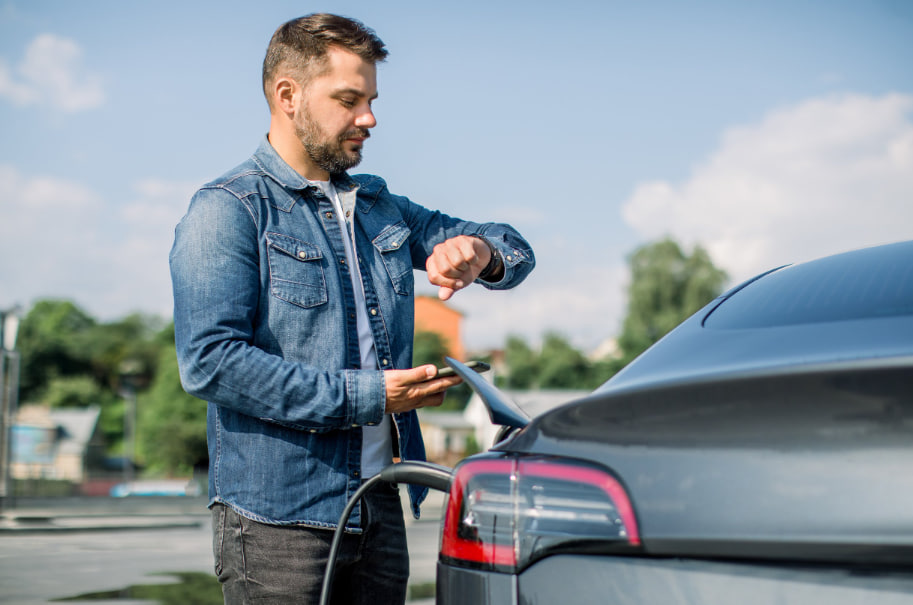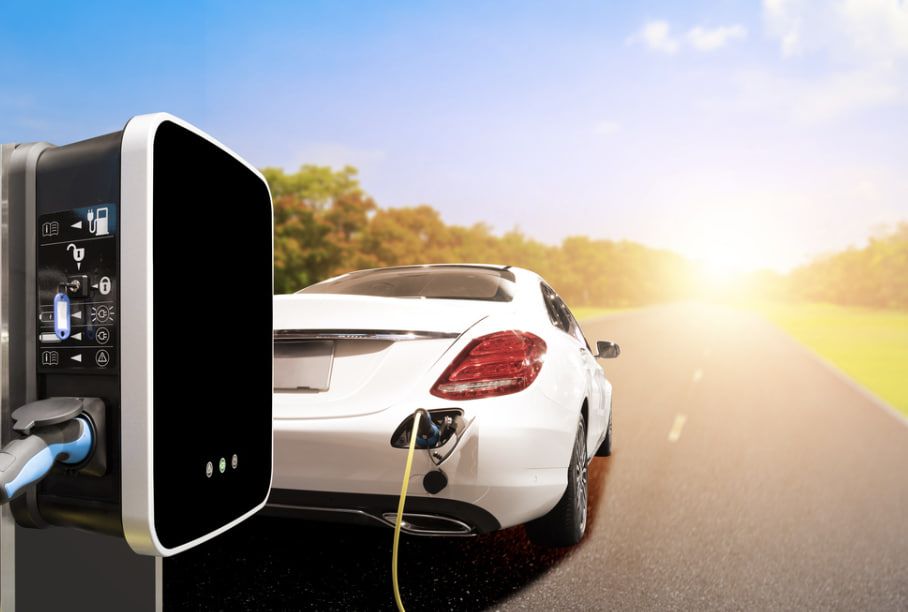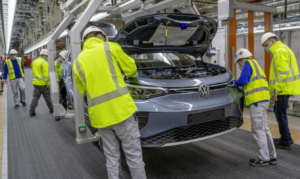
Tips To Help Save Battery For Electric Cars
How to Maximize Range with Smart Charging Strategies
Smart charging strategies can help maximize the range of electric vehicles (EVs). By following a few simple steps, drivers can ensure their EVs are always ready to go when needed.
First, drivers should plan their charging times. Charging during off-peak hours, such as overnight, can help reduce electricity costs and reduce the strain on the power grid. Additionally, drivers should consider using a timer to ensure their EV is charged when needed.
Second, drivers should consider using a smart charger. Smart chargers can be programmed to charge at the most efficient rate, helping to maximize range and reduce electricity costs. Additionally, some smart chargers can be connected to the internet, allowing drivers to monitor and control their charging remotely.
Third, drivers should consider using a vehicle-to-grid (V2G) system. V2G systems allow EVs to send electricity back to the grid, helping to reduce strain on the power grid and providing drivers with additional income.
Finally, drivers should consider using renewable energy sources to charge their EVs. Renewable energy sources, such as solar and wind, can help reduce emissions and provide drivers with a more sustainable way to power their vehicles.
By following these simple steps, drivers can maximize the range of their EVs and reduce their environmental impact. Smart charging strategies can help ensure drivers are always ready to go when needed.
How to Reduce Battery Drain with Smart Driving Habits
Smart driving habits can help reduce battery drain and extend the life of your vehicle’s battery. Here are some tips to help you get the most out of your battery:
1. Avoid short trips. Short trips can cause your battery to drain faster because the alternator does not have enough time to recharge the battery. Try to combine errands into one longer trip to reduce battery drain.
2. Turn off electronics when not in use. Electronics such as the radio, headlights, and air conditioning can all draw power from the battery. Make sure to turn them off when not in use to reduce battery drain.
3. Park in the shade. Parking in the shade can help keep your battery cool and reduce battery drain.
4. Check your battery regularly. Make sure to check your battery regularly for signs of corrosion or damage. If you notice any issues, have it serviced immediately to prevent further battery drain.
By following these tips, you can help reduce battery drain and extend the life of your vehicle’s battery.
How to Extend Battery Life with Regular Maintenance
Regular maintenance is essential for extending the life of your battery. Taking the time to properly care for your battery can help you get the most out of it and ensure that it lasts as long as possible. Here are some tips for maintaining your battery and extending its life.
First, make sure to keep your battery clean. Dirt and debris can build up on the terminals and cause corrosion, which can reduce the battery’s performance and shorten its life. Clean the terminals with a damp cloth and a baking soda and water solution.
Second, check the electrolyte levels in your battery. If the levels are low, add distilled water to bring them back up. Make sure to use distilled water, as tap water can contain minerals that can damage the battery.
Third, check the battery’s charge level. If it’s low, recharge it. Make sure to use the correct charger for your battery type. Overcharging can damage the battery and reduce its life.
Fourth, check the battery’s connections. Make sure the cables are securely connected and that there is no corrosion on the terminals. If there is, clean it off with a baking soda and water solution.
Finally, make sure to store your battery in a cool, dry place. Extreme temperatures can damage the battery and reduce its life.
By following these tips, you can ensure that your battery is properly maintained and that it lasts as long as possible. Regular maintenance is essential for extending the life of your battery and getting the most out of it.
How to Optimize Battery Performance with Temperature Management

Temperature management is an important factor in optimizing battery performance. Batteries are sensitive to temperature and can be damaged if exposed to extreme temperatures. To ensure optimal battery performance, it is important to keep the battery within a certain temperature range.
The ideal temperature range for most batteries is between 10°C and 45°C (50°F and 113°F). If the temperature is too high, the battery will be damaged and its performance will suffer. If the temperature is too low, the battery will not be able to hold a charge and will not be able to provide the necessary power.
To ensure optimal battery performance, it is important to keep the battery within the ideal temperature range. This can be done by using a temperature-controlled charging system. This system will monitor the temperature of the battery and adjust the charging rate accordingly. This will ensure that the battery is not overcharged or undercharged, which can lead to damage and reduced performance.
It is also important to avoid exposing the battery to extreme temperatures. If the battery is exposed to temperatures outside of the ideal range, it can be damaged and its performance will suffer. It is best to store the battery in a cool, dry place and to avoid leaving it in direct sunlight or in a hot car.
Finally, it is important to keep the battery clean and free of dirt and debris. Dirt and debris can interfere with the battery’s performance and can cause it to overheat. Cleaning the battery regularly will help to ensure optimal performance.
By following these tips, you can ensure that your battery is kept within the ideal temperature range and is free of dirt and debris. This will help to optimize battery performance and ensure that your battery lasts as long as possible.
How to Make the Most of Your Battery with Regenerative Braking
Regenerative braking is a technology that can help you make the most of your battery and extend its life. It works by capturing the energy that is normally lost when you brake and converting it into electricity that can be used to recharge the battery. This technology can be found in many electric and hybrid vehicles, and it can be a great way to maximize the efficiency of your vehicle.
When you press the brake pedal, the vehicle’s kinetic energy is converted into electrical energy. This energy is then stored in the battery, which can be used to power the vehicle. This process is known as regenerative braking, and it can help you make the most of your battery.
The amount of energy that is generated by regenerative braking depends on the type of vehicle you have and the type of braking system it uses. Generally, the more efficient the braking system, the more energy that can be generated. For example, a hybrid vehicle with a regenerative braking system can generate up to 70% of the energy that is normally lost when braking.
In addition to helping you make the most of your battery, regenerative braking can also help you save money on fuel. By capturing the energy that is normally lost when you brake, you can reduce the amount of fuel that is used to power the vehicle. This can help you save money on fuel costs over time.
Finally, regenerative braking can also help you reduce your carbon footprint. By capturing the energy that is normally lost when you brake, you can reduce the amount of emissions that are released into the atmosphere. This can help you reduce your environmental impact and make a positive contribution to the planet.
Overall, regenerative braking is a great way to make the most of your battery and extend its life. By capturing the energy that is normally lost when you brake, you can reduce your fuel costs and reduce your environmental impact. If you have an electric or hybrid vehicle, it is worth considering investing in a regenerative braking system to maximize the efficiency of your vehicle.








